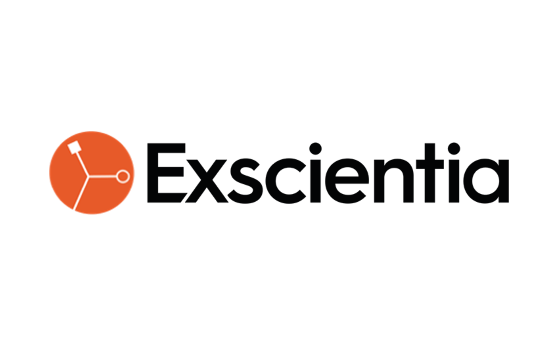 Exscientia, a clinical-stage, artificial intelligence (AI)-driven pharmatech company, today announced that Bristol Myers Squibb has elected to in-license an immune-modulating drug candidate created by Exscientia. Exscientia has two active collaborations with Bristol Myers Squibb, which together focus on multiple therapeutic areas, including oncology and immunology. A significant expansion of the relationship was announced earlier this year.
Exscientia, a clinical-stage, artificial intelligence (AI)-driven pharmatech company, today announced that Bristol Myers Squibb has elected to in-license an immune-modulating drug candidate created by Exscientia. Exscientia has two active collaborations with Bristol Myers Squibb, which together focus on multiple therapeutic areas, including oncology and immunology. A significant expansion of the relationship was announced earlier this year.
The in-licensed candidate targets a critical immunological kinase that historically has proven difficult to target due to the need for a combination of potency, selectivity, and overall drug-like properties. To design a novel candidate that overcame these issues, Exscientia utilized its end-to-end platform to drive the discovery process, including AI-driven design, structural biology, chemistry, and pharmacology, as well as late-stage preclinical studies. Exscientia’s precision design approach focused on solving, in parallel, parameters important to overall therapeutic performance for the target, such as potency, selectivity, safety, and physicochemical characteristics. Exscientia’s platform is ideally suited for solving multi-objective design problems to efficiently and rapidly discover novel drug candidates with superior properties.
Andrew Hopkins, Chief Executive Officer of Exscientia commented, "We are focused on using our patient-first AI technology to design precision engineered drugs against challenging drug product profiles. We are seeing great efficiency from our platform. This drug candidate molecule was just the 150th novel compound to be designed and tested and it was identified within 11 months of starting drug design. In partnership with Bristol Myers Squibb and its world-class research, clinical and commercialization capabilities, we look forward to advancing this candidate into the next stage of development."
Rupert Vessey, President of Research & Early Development at Bristol Myers Squibb said, "We are pleased to in-license our first drug candidate resulting from our strategic collaboration with Exscientia. Artificial intelligence and machine learning continue to play important roles in drug discovery and Exscientia has delivered a promising development candidate in the field of immunology. We look forward to our continued collaboration and further advancing this candidate for the potential benefit of patients with unmet medical need."
Bristol Myers Squibb will be responsible for clinical and commercial development of the drug candidate. Under the terms of the agreement, Exscientia will receive a $20 million option exercise fee with the potential for additional development milestones as well as tiered royalties on any product sales.
About Exscientia
Exscientia is an AI-driven pharmatech company committed to discovering and designing the best possible medicines in the fastest and most effective manner. Exscientia is the first company to progress AI-designed small molecules into the clinical setting and repeatedly demonstrate the ability of AI to transform how drugs are created. Exscientia’s AI platform has now designed three drugs that are in Phase 1 human clinical trials.Drug design is precision engineering at the molecular scale. Exscientia has built dedicated AI systems that efficiently learn from the widest range of data and consistently reapply enhanced knowledge through iterations of design. Because Exscientia’s AI platform learns more effectively and rapidly than human-led efforts alone, candidate molecules satisfying complex therapeutic requirements are created with revolutionary efficiency. Exscientia believes that designing better drugs, faster, will allow the best ideas of science to rapidly become the best medicines for patients.
Exscientia has offices in Oxford, Miami, Vienna, Osaka and Dundee. For more information visit us on www.exscientia.ai or follow us on Twitter @exscientiaAI.